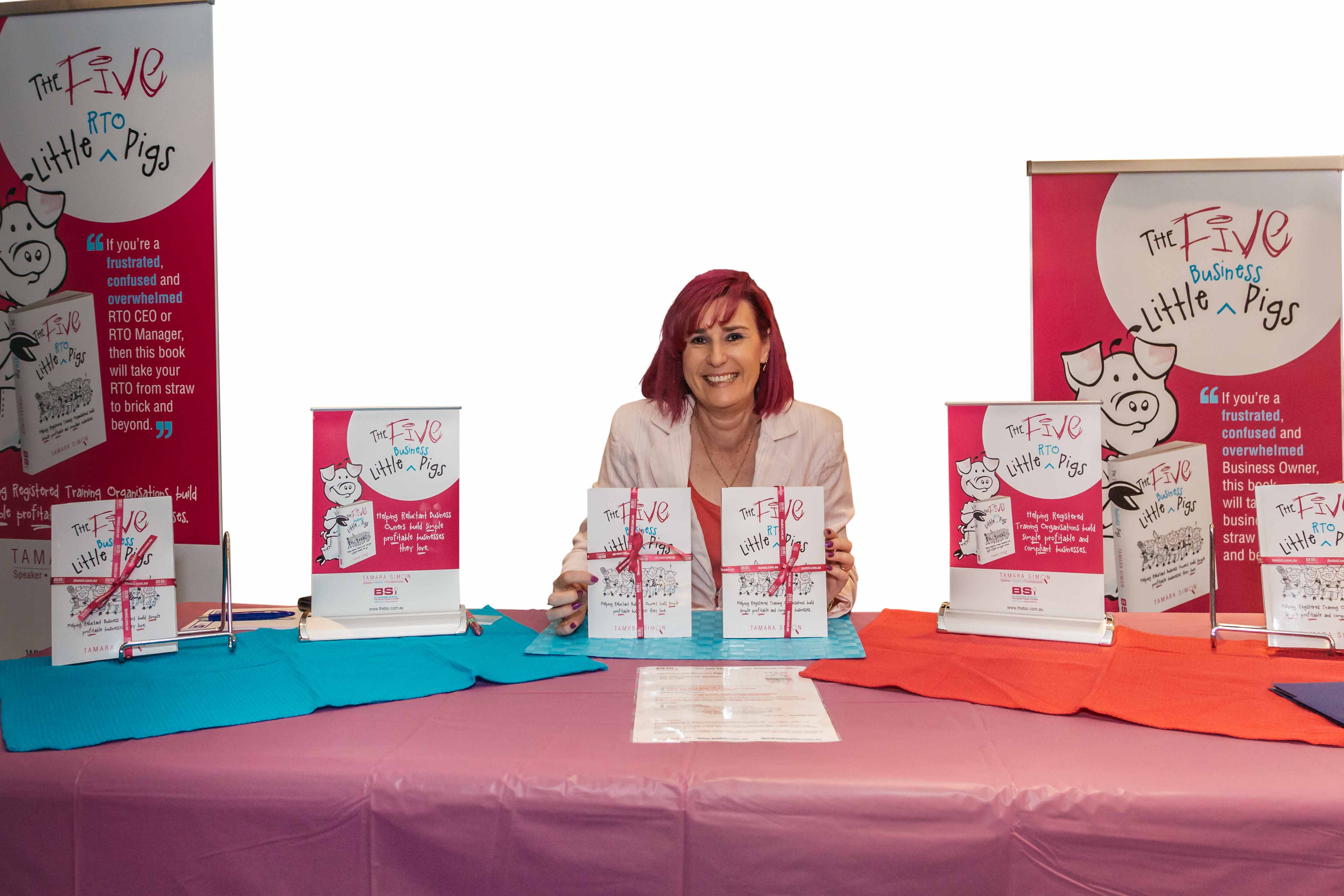So I was very pleased to see Holden 1 and 2 on the podium, though my heart went out to Broc Feeney who was guttered by the car failure when he was so close to a win.
Every year, drivers and their pit crew have to think on their feet, change plans mid race, adapt to ever changing conditions including what your competitor is doing - exactly what happens every day in a small business.
As Bathurst is one of the best examples of an Innovative Problem Solving and Systems Driven Business, I want to share with you the reasons why problem solving skills and simple systems are essential to your small business.1. Risk Management
The governing body and teams establish rules to ensure driver and crew safety including speed limits in Pit Lane, fire suits worn by Pit Crew, redressing correctly on the track and not-negotiable situations which bring out an automatic Safety Car.
Any breaches result in driver infringements which can cost you the race, and many drivers have paid the ultimate price.
2. Consistency
All drivers, crew and management need clear understanding about what needs to be done, how, when and by whom.
Even though drivers know what to do when they get in the car, they are so focused on getting quickly back onto the track that you'll hear instructions like this on the radio: Do up your belt, put in your radio, pump the brakes, watch your speed to ensure compliance with safety procedures and team systems.
3. Calmness
Under excessive stress and tension, systems and an external perspective from the Team Manager on the radio bring clarity and calmness to any situation eg 'Only fuel to go then you're away, yellow flag at turn 2- can't overtake'.
4. Adaptability
Anything can and does happen at Bathurst (who remembers the kangaroo, the rock and the echnida to name just a few) so documentation and systems provide not only the facts about what's happening eg who's pitting now, how many laps has the co-driver done etc; but helps determine what each team does in the uncontrollable situation of a safety car.
Deciding whether to pit now or later can make or break the race result.
5. Teamwork
It's a highly stressful environment especially if a driver loses time due to a slow pit, as demonstrated by Rick Kelly who communicated to his crew boss that he had worked his guts out to get track time only to lose it in the pits.
But Bathurst success does not rest solely on the driver – if the pit crew, owners and drivers don't all work together; no matter how good a driver you are, you won't win the Great Race.
6. Communication
There needs to be clear and concise communication between drivers and crew so when they pit, everyone knows exactly what to do.
If a driver uses an unknown term to describe what's happening in the car, this will only ensure a longer pitstop as they struggle to find the cause and solution.
7. What If
Bathurst success is often determined by how quickly and accurately you adapt to a crash or unexpected mechanical challenges so before the race even begins, crews have documented procedures around the numerous 'what if' scenarios so they can be as prepared as possible for whatever comes their way on the day.
If it wasn't for the multiple 'old school' backup plans when they lost the radio including chalk signs and a handheld radio in the car to at least hear from the crew about track conditions, Rick Kelly and Russell Ingall would've been out of the race after about Lap 10.
So what's this got to do with your small business?
Everything!
Documenting how your business operates (what's in your and your team's heads), knowing your numbers and thinking about your customers and being ahead of your competition are critical to success.
Lap 2: Is there a weekly check of the numbers to ensure you have adequate cashflow and profitability?
Lap 3: Have you developed back up plans for when things go wrong, staff leave unexpectedly, technology fails or external factors eg a pandemic hits, the economy crashes or you lose your biggest client?
Lap 4: Do your team members have clearly documented roles, focus and KPI expectations?
Lap 5: Is meeting customer needs at the forefront when developing products, services and procedures?
Lap 6: Are your procedures reviewed at least every six months for relevance, accuracy and simplicity?
And here's my final thought:
You want to learn how to become a great problem solver
then please book in a time to chat here
Tamara Simon uses the world of sport, research and her own frameworks to help small business owners and their teams become great problem solvers.
For over twenty-five years as a Speaker, Author and Coach, she's been providing much needed support to small business owners, CEOs and their teams so they can build, manage and grow a simple profitable business.
Then please check out her website to find out how to work with Tamara, book her to speak at your next event or get a copy of her book.
www.tamarasimon.com.au

